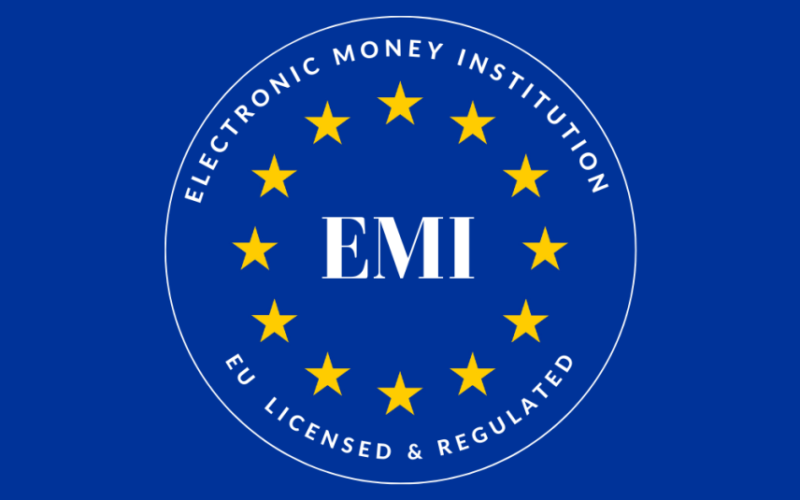In the modern world, electronic payments occupy an important place in everyday life. Many of us can no longer imagine how we can do without online purchases, money transfers or payments through mobile applications. But have you ever wondered what is behind this convenience? In order for companies to provide such services, they need to obtain a special permit — an EMI payment license.
What is an EMI license?
The EMI license is a special permit that is issued to financial institutions to provide electronic money services (Electronic Money Institution). Simply put, this license allows companies to create, issue and manage electronic money. Thanks to it, users can send and receive money, pay for goods and services, and store funds in electronic wallets.
EMI licenses are governed by strict rules and standards that ensure the security of financial transactions. For example, if a company has such a license, it means that it undergoes regular inspections, is obliged to comply with the rules for protecting customer data and comply with the requirements for preventing money laundering.
Why do I need an EMI payment license?
Companies operating in the field of financial technology (fintech) need an EMI license to offer their customers a full range of payment services. Without it, they have no right to store or process users’ money. The main reasons why this is important:
- Legal protection. The EMI license confirms that the company operates within the framework of the law. This means that your money is under the protection of regulatory authorities.
- Customer trust. When a company works with a license, it increases the level of user trust. No one wants to entrust their money to an organization that does not have a legitimate reason to work.
- Expanding opportunities. With such a license, the company can offer customers more services, for example, launch its own e-wallets, bank cards or conduct international transfers.
- Safety of operations. The EMI license obliges companies to comply with strict security standards, which reduces the risks of cybercrime and data leaks.
Who can use an EMI license?
This type of license is required by organizations that work in the field of electronic payments and financial technologies. A few examples of companies that may need it:
- Payment platforms that allow users to pay for goods and services;
- Fintech startups developing new payment solutions;
- Companies that issue prepaid cards or work with electronic wallets;
- Providers of international money transfers.
If a business plans to work with customers’ money, provide payment services or issue electronic money, then it cannot do without an EMI license.
Advantages of obtaining an EMI license
For companies that decide to obtain a license, this is not only an obligation, but also an opportunity to reach a new level. The main advantages:
- International recognition. The EMI license allows you to work not only in one country, but also in international markets. This is especially important for companies seeking global development.
- Enhanced reputation. The license shows that the company is reliable and ready to comply with all regulatory requirements.
- Access to innovation. Licensed companies can integrate advanced technologies into their payment services, creating even more convenience for customers.
- Guarantee of transparency. Organizations are required to keep open financial statements, which contributes to the trust of customers and partners.
The EMI payment license plays a key role in the modern financial world. It provides security, trust and stability in the field of electronic money. For users, this is a guarantee that their funds are protected, and for companies, it is an opportunity to offer innovative and in—demand services.

